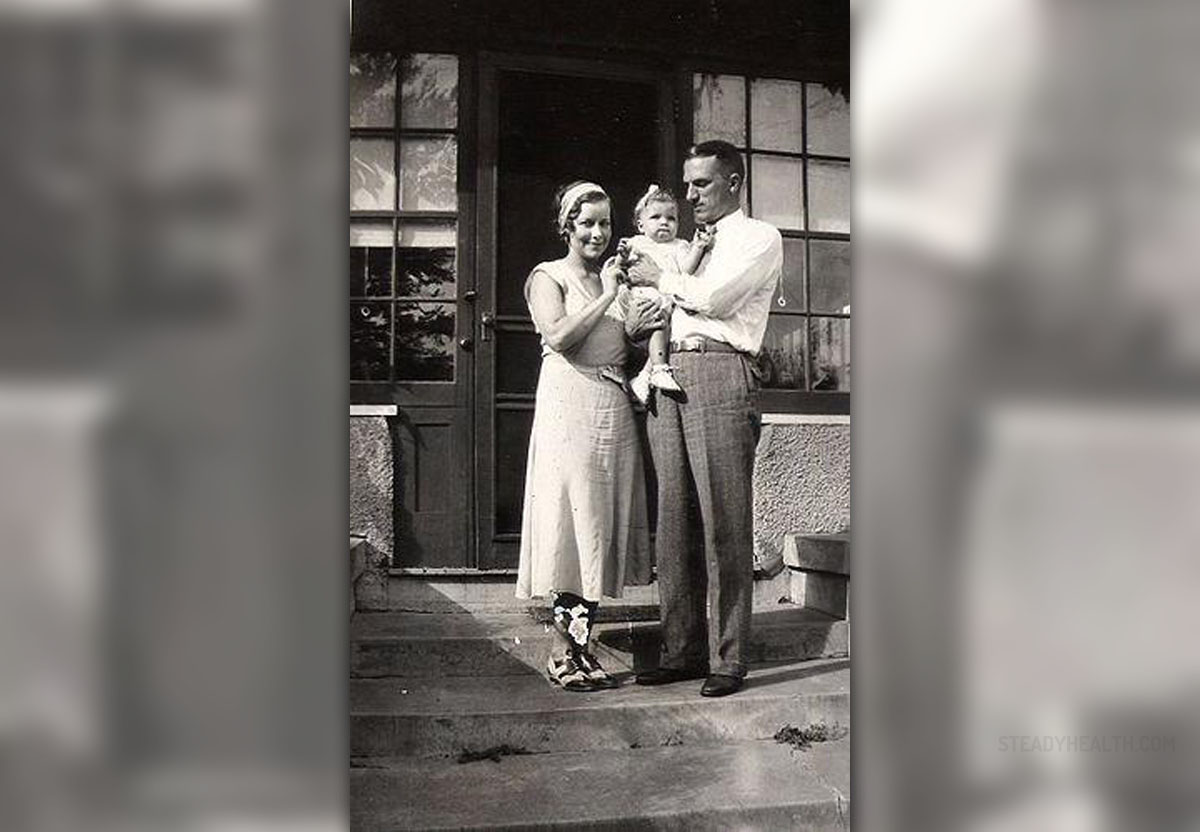
Does Delinquency Come From the House?
Juvenile delinquency has been a topic of many discussions, research articles, and clinical studies, and yet there are still many attempts to describe the essential agents that are responsible for such behavior. Many experts agree that one of the most fundamental elements which provide a basis for juvenile delinquency is the family structure. It is widely accepted that the presence of both parents in the household, coupled with open communication and absence of violence is the type of home that rarely, if ever, yields juvenile delinquents. Consequently, individuals who grow up in an enraged household where children are neglected are much more likely to engage in delinquent behavior. As families play the cardinal role in instilling the right values and teaching appropriate behavior it is postulated that they should be included in juvenile crime cases. Like any other, it is believed that delinquent behavior is learned, and as such can be sanctioned by teaching the child to act in an appropriate way. Leading by positive example, and teaching children not to be aggressive or violent helps the parents avoid having to deal with juvenile delinquency and at the same time protects the child from taking the wrong path in adolescence. Further, once friends start to have stronger influences on an individual than parents or primary care givers it is still just as crucial to keep the child away from violence and aggression as much as possible. Many research studies have shown that the more violence a child is exposed to in any aspect of life, including a home or a school, the more likely he or she is to learn such behavior and subsequently apply it. Young teenagers are particularly vulnerable to external influences that exclude the family so adequate parenting should continue well into young adulthood. Antisocial behavior is usually first manifested in preschool or early elementary school and might be a phase in which a child is resisting change. However, such a phase should be closely monitored so that it does not escalate into a pattern of conduct. Further, a child chooses his or her friends based on the model presented at home, i.e. if there is bullying in the family a child is more likely to associate with bullies who pressure each other into aggressive and unacceptable behavior. In turn, if the family is nurturing and supportive the peers are likely to be so as well, reducing the possibility of delinquent behavior. In addition, one of the positive parental practices is monitoring, which becomes increasingly important as the child moves into teenage years. The parents who are aware of where their child is, who they are associating with, and what kind of activities they engage in are less likely to raise a delinquent. Teenage boys who are not regularly monitored by parents or caregivers, and are surrounded by coercion on a daily basis, are much more likely to associate with deranged individuals and afterward engage in delinquent behavior.
Are Parents Responsible for Delinquent Behavior of Children?
There has been research showing that the lack of affection by the mother coupled with criminal conduct by the father could lead to property damaging, while conflict and offensive conduct in the family is linked to subsequent violent offending by teenagers. Violence, law breaking, strict disciplining, and family conflict are elements most often connected to juvenile delinquency. Further, single parent homes or separation from the mother are also frequently observed among antisocial and aggressive teenagers. Families in which the mother is the only parent are more likely to yield juvenile delinquents than two parent households. Another factor that is likely to contribute to such findings is the fact that many single mothers reside in ‘bad’ neighborhoods where children are constantly exposed to aggression, and antisocial behavior. Moreover, the absence of the father has repeatedly been linked to substance abuse, eating disorders, depression, suicide, as well as juvenile crime. As gangs provide a tight knit community, many individuals without a loving and supportive home opt for finding one on the other side of the law. The less structure there is in a two parent family the more likely the child is to engage in criminal activity, regardless of the race and socioeconomic status. However, the socioeconomic status plays a role in single parent households, putting the child at a greater risk of committing delinquent crimes. It should also be noted that juvenile delinquency does not necessarily lead to adult criminal life, and most children who come from violent, separated families do not become juvenile delinquents. In addition, there has been a link identified between abuse and juvenile delinquency but more research is needed to further explore this relationship. On the other hand, it is very clear that even a small amount of parental rejection is one of the strongest predictors of juvenile delinquency. As it takes two to share affection, children who are feel strongly attached to their parents are less likely to misbehave.


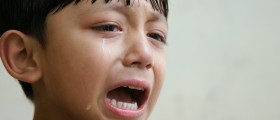







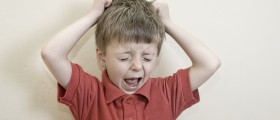

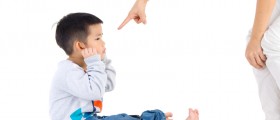
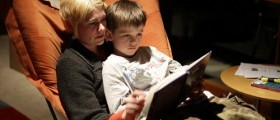


Your thoughts on this
Loading...